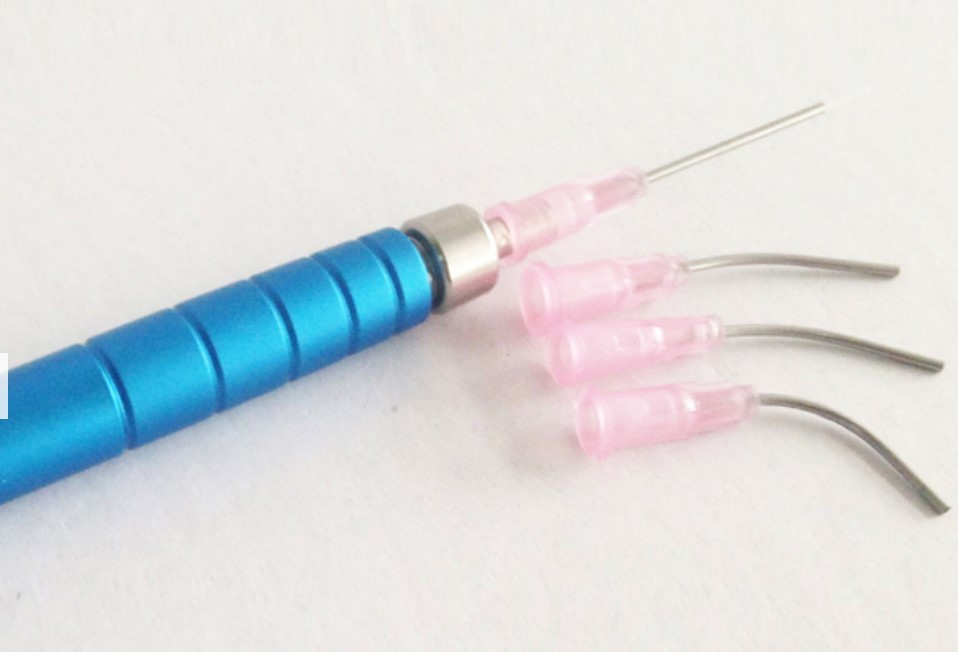Laser technology has revolutionized soft tissue cutting by offering unparalleled precision, minimal invasiveness, and enhanced patient outcomes. Among the various laser wavelengths available, the Arfurla 980nm and 1470nm lasers have emerged as highly effective tools for soft tissue procedures. These lasers are widely used in medical fields such as Hemorrhoids, Porctology, Dentistry, dermatology, urology, ENT (ear, nose, and throat), and minimally invasive surgeries due to their unique interaction with tissue components like water and hemoglobin.
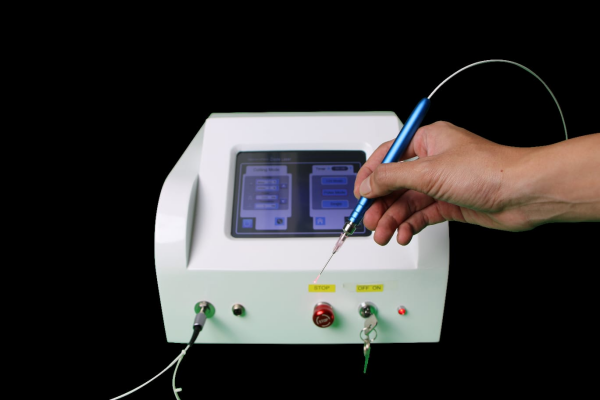
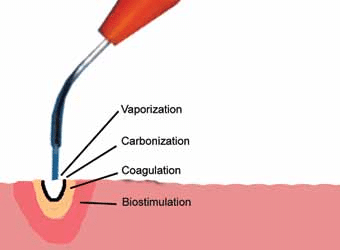
Incisions for accessing internal organs or removing tumors.
Removal of skin lesions, moles, or cosmetic procedures.
Precision cutting in corneal or retinal surgeries.
Procedures such as tonsillectomy or sinus surgery.
Minimally invasive procedures for tissue removal or repair.
Gum reshaping or oral surgeries.
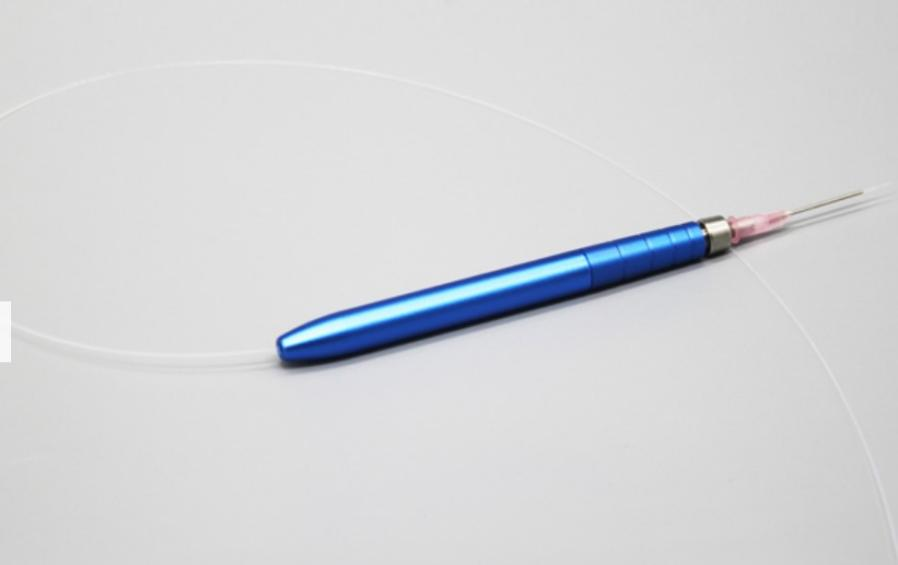
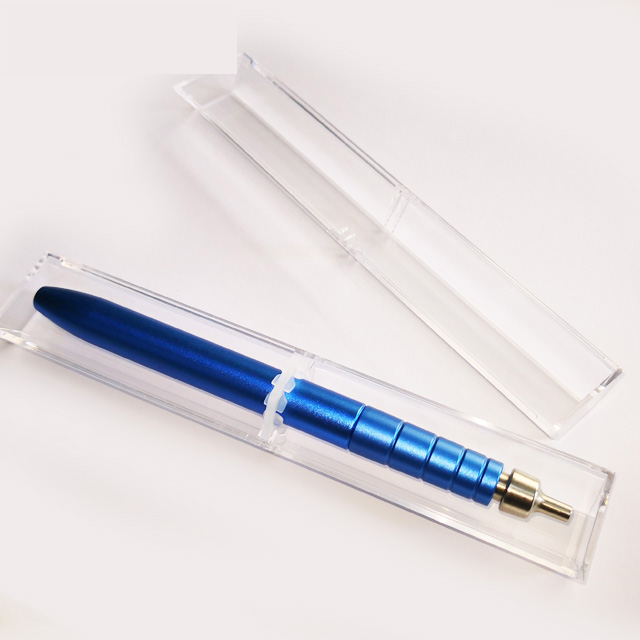
Different tissues (e.g., skin, muscle, fat) have varying densities and vascularity, requiring tailored cutting techniques.
The ability to make precise incisions without damaging adjacent structures is critical, especially in sensitive areas.
Effective control of bleeding during cutting is essential to maintain visibility and ensure patient safety.
Minimizing heat generation during cutting prevents unintended tissue damage.
Techniques that promote faster healing and reduce scarring are preferred.
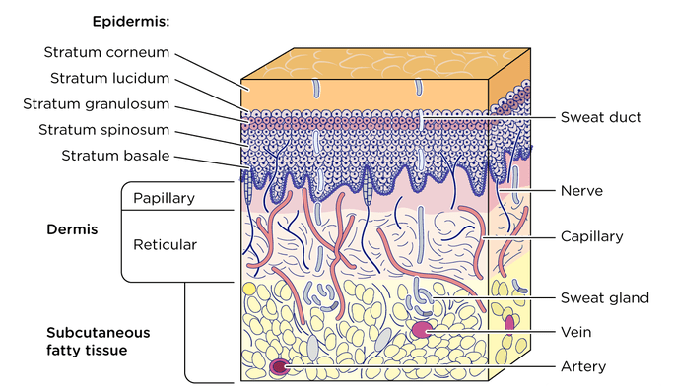
Precision Soft Tissue Cutting:
Both lasers offer high precision, allowing surgeons to target specific tissues without damaging adjacent structures.
The 1470nm laser, in particular, excels in delicate procedures due to its shallow penetration and strong water absorption.
Minimally Invasive Soft Tissue Cutting:
Laser cutting minimizes the need for large incisions, reducing trauma and promoting faster healing.
The 980nm laser’s ability to coagulate while cutting further reduces bleeding and enhances visibility during surgery.
Reduced Thermal Damage Soft Tissue Cutting:
The controlled energy delivery of both lasers minimizes thermal damage to surrounding tissues.
The 1470nm laser’s shallow penetration ensures that heat is confined to the target area.
Versatility Soft Tissue Cutting:
The 980nm laser’s balanced absorption by water and hemoglobin makes it suitable for a wide range of tissues, including vascularized and dense tissues.
The 1470nm laser is particularly effective in water-rich tissues, such as those found in the prostate, nasal cavity, or intervertebral discs.
Enhanced Patient Outcomes Soft Tissue Cutting:
Reduced bleeding, swelling, and scarring contribute to faster recovery times and improved patient satisfaction.
Both lasers are associated with lower postoperative pain and infection rates compared to traditional cutting methods.
